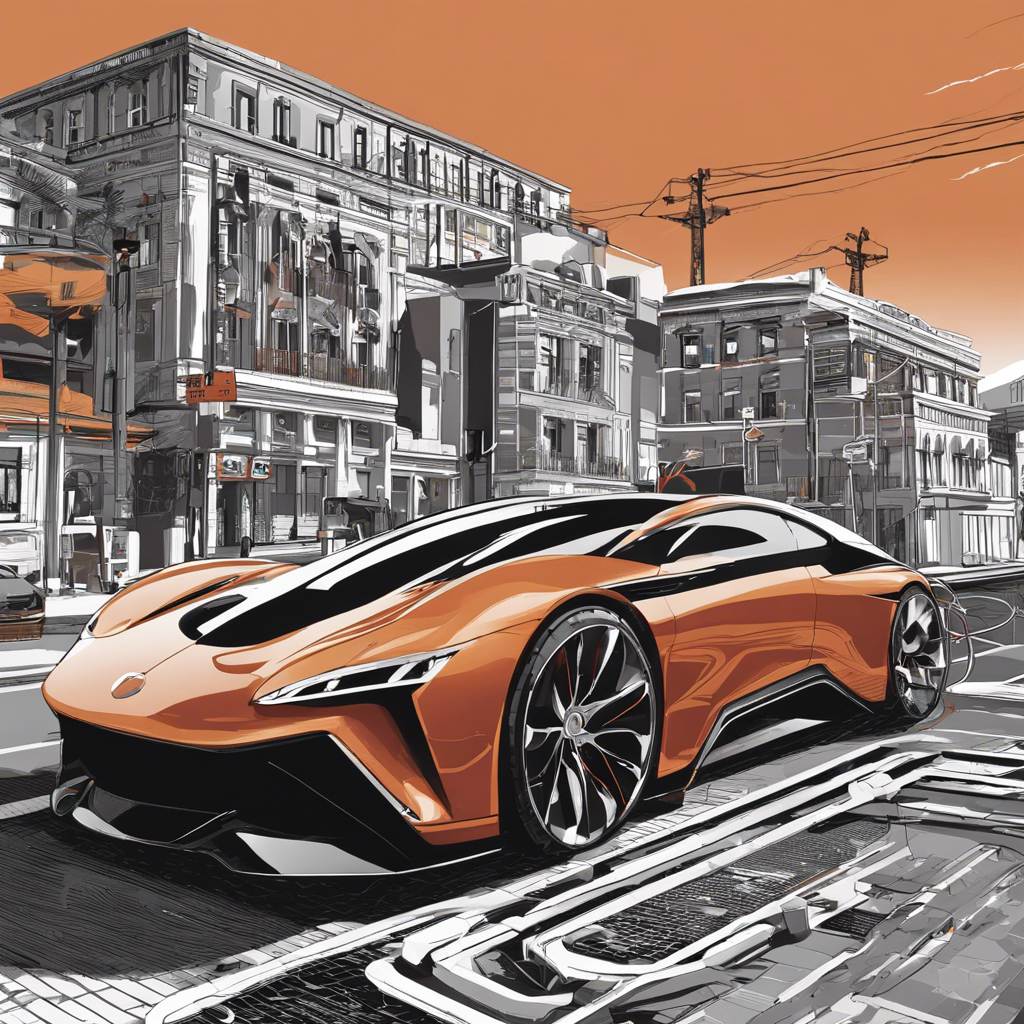The automotive industry is undergoing a significant transformation as electric vehicles (EVs) gain popularity worldwide. This shift towards electrification is driven by a combination of factors, including technological advancements, environmental concerns, and shifting consumer preferences. With major automakers investing billions of dollars in EV development and production, it’s clear that the future of transportation is electric.
One of the primary benefits of EVs is their reduced environmental impact compared to traditional internal combustion engine (ICE) vehicles. Electric cars produce zero tailpipe emissions, significantly reducing air pollution and improving public health outcomes. This makes them particularly attractive in urban areas, where air quality is often a critical concern. Additionally, advancements in battery technology have led to longer ranges and faster charging times, addressing two major pain points that have historically deterred consumers from adopting electric cars.
Cost is another important factor. While EVs typically have higher upfront purchase prices than their ICE counterparts, their overall ownership costs are significantly lower. Electric vehicles have fewer moving parts and require less maintenance and repair, resulting in substantial savings over the lifetime of the car. Furthermore, improvements in battery technology and production processes are driving down the cost of electric vehicles, making them more affordable for a wider range of consumers.
The charging infrastructure for EVs is also rapidly expanding. Many governments and private companies are investing in the development of robust charging networks, ensuring that drivers have convenient and accessible options for recharging their vehicles. This includes the deployment of fast-charging stations that can top off a battery in a matter of minutes, as well as more widespread availability of charging points in public parking lots, workplaces, and residential areas.
It’s worth noting that the transition to electric mobility goes beyond just cars. The electrification of buses, trucks, and even two-wheelers is also gathering pace. This broader shift has the potential to significantly reduce emissions and improve air quality, particularly in densely populated urban areas. As the world moves towards a more sustainable future, the rise of electric vehicles is undeniable.
Consumers are increasingly demanding environmentally friendly options, and policymakers are implementing regulations and incentives to support the adoption of EVs. With continued technological advancements, improved infrastructure, and growing awareness, we can expect to see more and more electric vehicles on the roads in the coming years, shaping a cleaner and more sustainable transportation landscape.
To encourage the transition to electric cars, governments worldwide have implemented incentives and subsidies. These policies not only make electric vehicles more affordable for consumers but also promote the development of the EV industry, fostering innovation and competition. Some countries offer direct financial incentives, such as purchase grants or tax breaks, to reduce the upfront cost of electric cars. Others provide benefits like reduced toll charges, free parking, or access to high-occupancy vehicle lanes, making electric vehicle ownership more attractive and convenient.
The rise of electric vehicles is also driving a broader shift towards sustainable practices across the automotive industry. Car manufacturers are rethinking their entire supply chains and production processes to reduce their environmental impact. This includes using recycled materials, implementing more efficient manufacturing techniques, and exploring innovative ways to reuse and recycle batteries. As the industry moves towards electrification, there is also a growing focus on responsible sourcing of raw materials and the development of more sustainable methods for extracting and processing these resources.

